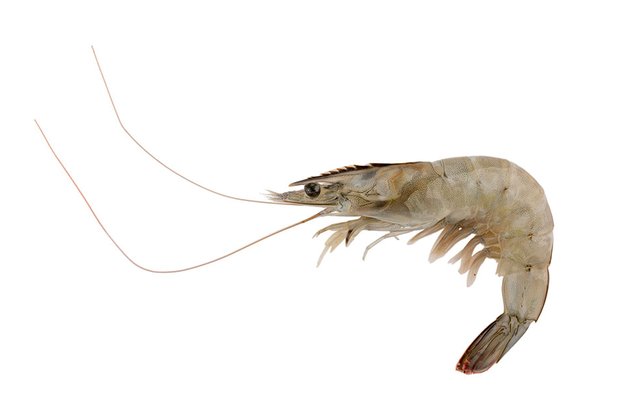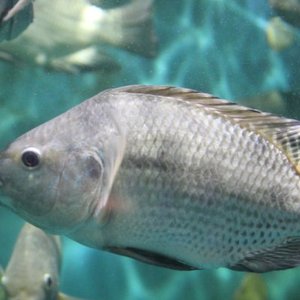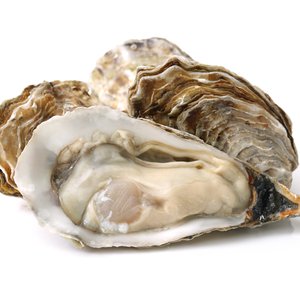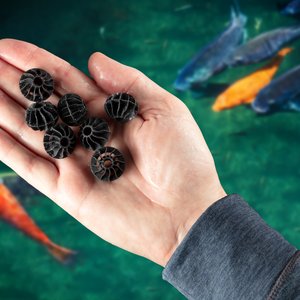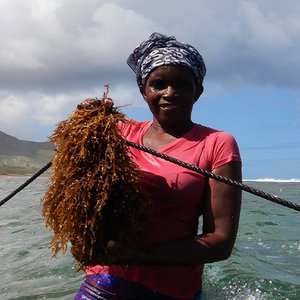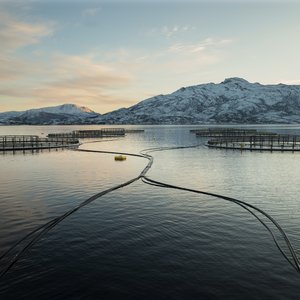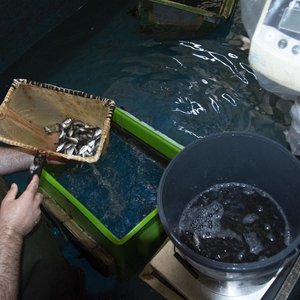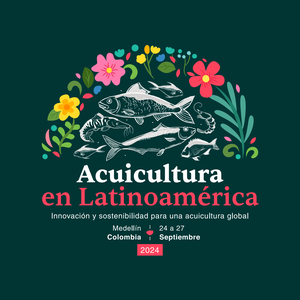A recent report by leading breeding and genomics researchers in South America evaluated the AQUAArray HD vannamei, an innovative, high density (HD), genotyping tool developed by the Center for Aquaculture Technologies in collaboration with agricultural genotyping and genomics experts Neogen Corporation.
The AQUAArray HD vannamei is comprised of approximately 50,000 single nucleotide polymorphisms (SNPs) and supports a wide range of applications, from assessment of genetic diversity to marker discovery and genomic selection in farmed Pacific white shrimp – the most commercially popular species of shrimp worldwide.
The study conducted by an independent research team focused on testing the suitability of the HD vannamei array to assess genetic diversity and linkage disequilibrium in a South American population of shrimp. According to the report, pleopods of 96 animals sourced from a genetic improvement program in Ecuador were sampled, the DNA was extracted, and genotyping was performed using the AQUAArray HD vannamei.
“The AQUAArray HD panel presents 50,811SNP’s, which after quality control, yielded 69.2, 76.9, and 84.2 % out of the total SNPs for QC1, QC2, and QC3, respectively. Furthermore, the proportion of SNPs with MAF > 0.2 was close to 70%, with a mean value of 0.3 for all QCs. These results show the high adequacy of this novel tool for this particular farmed shrimp population from Ecuador,” the study reported.
According to the research team, the AQUAArray HD vannamei 50K array is a practical tool for the implementation of genomic selection and genome wide association studies (GWAS) in shrimp breeding. Genomic selection enables breeders to increase the accuracy of their breeding selections resulting in an accelerated rate of genetic improvement.
Check out the study here.


